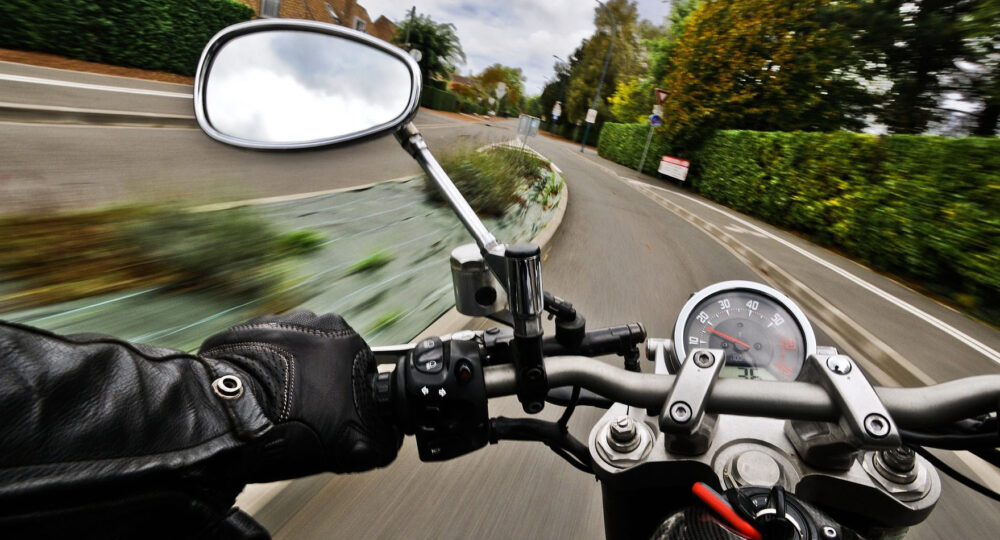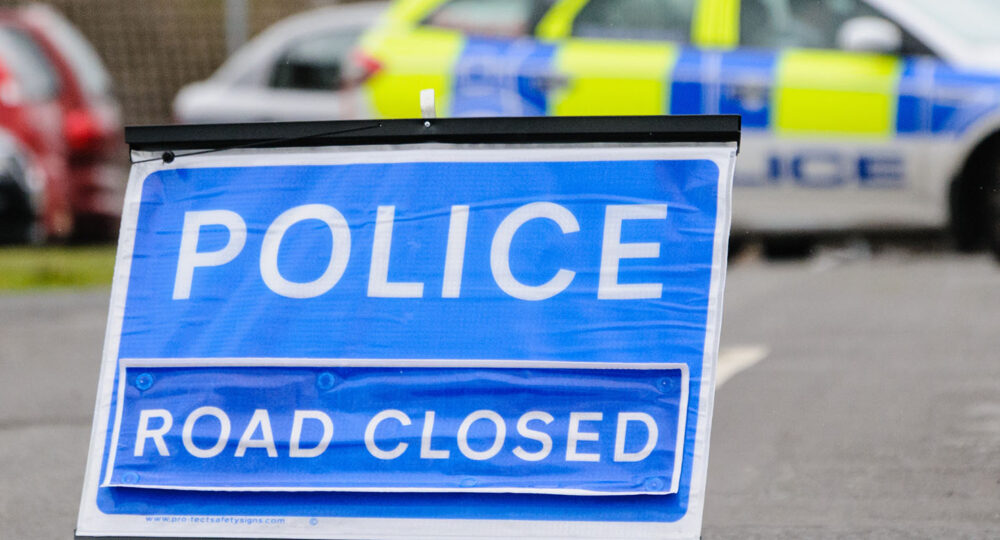The number of hit and run victims in England and Wales is rising. In fact, between 2013 and 2017, recorded hit-and-run incidents increased by almost 50%. Surprisingly, nearly half of all drivers involved in such accidents didn’t realise they were breaking the law by failing to stop.
What do you do after a hit and run?
If a driver is involved in an accident that causes damage to people, vehicles, animals or property, they must stop, regardless of whether or not they believe that they were at fault.
If necessary, they should also arrange medical assistance for anyone who is injured, make sure everyone is safe, call the police and wait for them to arrive.
Regardless of the severity of the accident, the driver must provide their name, address and insurance details to anyone who has reasonable grounds for requiring this information (e.g. the police, the other party, etc.). They should also give the name and address of the owner of the vehicle (if it belongs to someone else) along with the vehicle identification marks.
In some circumstances, sharing this information there and then isn’t possible. Especially when there has been a serious accident. But if the driver does not provide these details at the scene, they must report it to the police “as soon as reasonably practicable”. This must be within 24 hours of the accident. Furthermore, if the accident resulted in personal injury to another person, the driver must take their insurance certificate to a police station within seven days.
Accidents with unattended vehicles
Drivers who hit an unattended vehicle are required to identify the owner. So, even if there is nobody around, they still need to stop.
And, it’s important to understand that even small scrapes count as an accident. For example, scratching the bumper of another car in a carpark (although in these cases leaving contact details under the windscreen wiper should suffice).
For more serious accidents with unattended vehicles, drivers should contact the local police to let them know what has happened.
What is the penalty for leaving the scene of an accident?
The following penalties could be issued for drivers who fail to report a hit and run road traffic accident:
| Seriousness | Starting Point | Range | Disqualification/points |
|
Category 1 |
High level community order | Low level community order – 26 weeks’ custody | Disqualify 6 – 12 months OR 9 – 10 points (Extend if imposing immediate custody) |
|
Category 2 |
Band C fine | Band B fine – Medium level community order | Disqualify up to 6 months OR 7 – 8 points |
|
Category 3 |
Band B fine | Band A fine – Band C fine | 5 – 6 points |
|
Starting point |
Range |
|
| Fine Band A |
50% of relevant weekly income |
25 – 75% of relevant weekly income |
| Fine Band B |
100% of relevant weekly income |
75 – 125% of relevant weekly income |
| Fine Band C |
150% of relevant weekly income |
125 – 175% of relevant weekly income |
| Fine Band D |
250% of relevant weekly income |
200 – 300% of relevant weekly income |
| Fine Band E |
400% of relevant weekly income |
300 – 500% of relevant weekly income |
| Fine Band F |
600% of relevant weekly income |
500 – 700% of relevant weekly income |
The penalties handed out by the court will depend on the seriousness of the case. Furthermore, if someone is convicted of a hit and run, this will stay on their driving record for four years from the date of the offence. This can cause issues when it comes to insurance premiums and employment.
How do the police find hit and run drivers?
If someone doesn’t stop after a hit and run accident, the police will try to find them. To do this, they will take witness statements, look at surveillance footage and collect evidence from the scene. Some police forces have even used social media in extreme cases.
Personal injury claims compensation for victims of hit and run drivers
If you have been the victim of a hit and run accident, it’s vital that you get the compensation you deserve. Where the police are unable to trace the driver, you may be able to pursue this through the Motor Insurance Bureau (MIB).
However, if you do claim via the MIB, you will need to do most of the leg work. And you will have to accept whatever compensation is awarded to you. All too often, this is lower than expected, which can leave victims feeling betrayed by our justice system.
However, if you claim via a motoring solicitor, they will look after everything on your behalf. And, because they know the system, they should be able to increase the amount of compensation awarded to you. Find out what you can claim for.
No matter how severe your injuries, if you’ve been involved in a road traffic accident, our personal injury claims lawyers can help get you the maximum compensation possible. Call us now on 0161 250 7771.
[1] Freedom of Information responses
[2] Motor Insurers’ Bureau (MIB)



